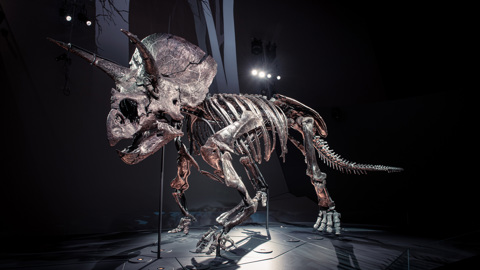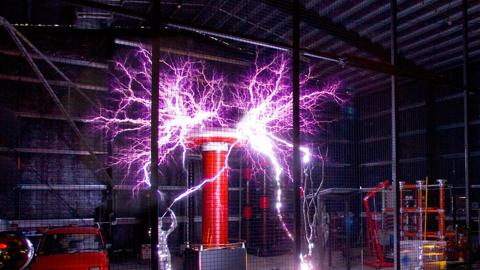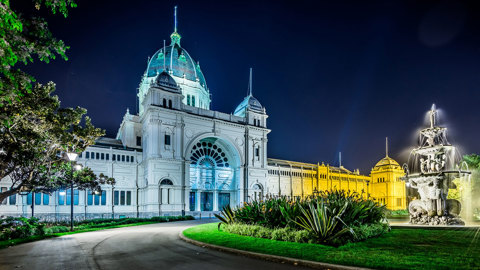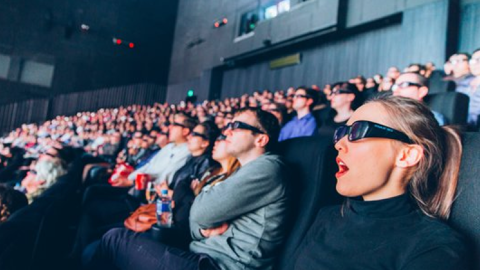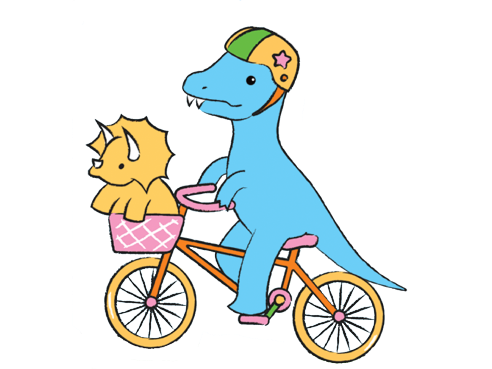From exhibition visits to staff-guided workshops, we offer a range of curriculum-aligned excursions to suit students of all ages. Contact our bookings team on 13 11 02 for help planning your excursion or submit an online booking request.
Explore our other programs

Sign-up to Museum Teachers
Subscribe and get special offers, teacher news and free entry to all museums.



























































